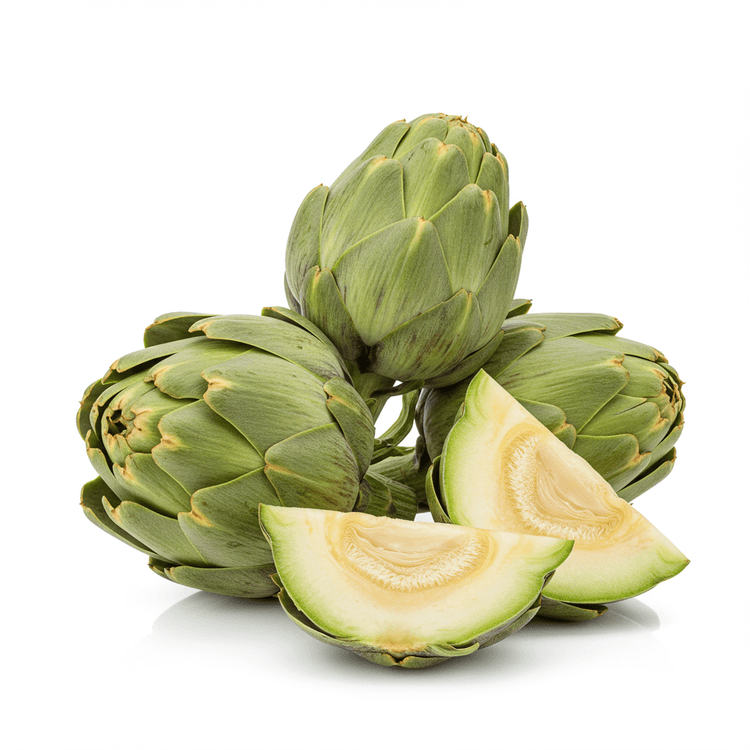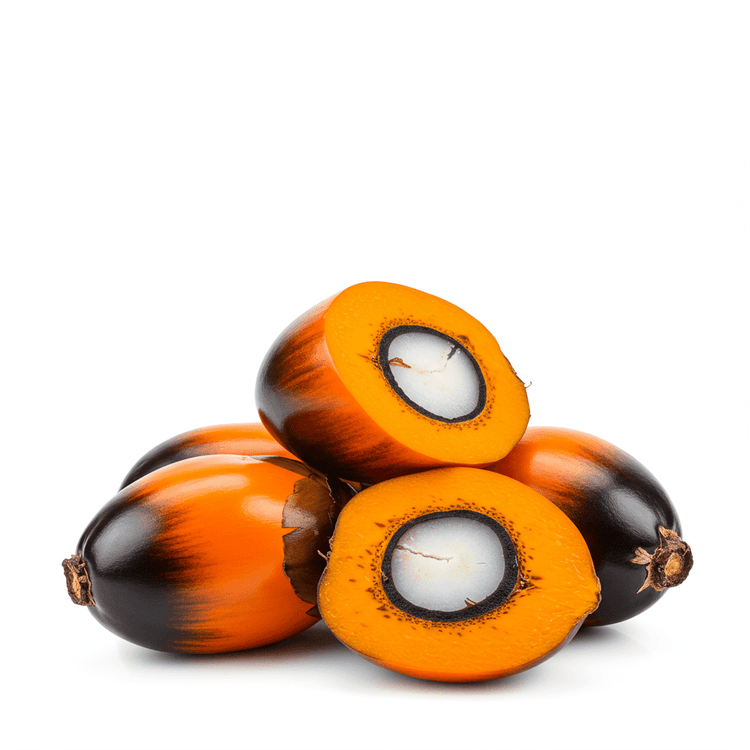
Artichoke Heart
Artichoke hearts are the tender, flavorful core of the artichoke vegetable, prized for their mild, slightly nutty taste and creamy texture. These pale yellow-green hearts are often preserved in brine or oil, making them a convenient addition to a variety of dishes. Known for their versatility, artichoke hearts are a popular ingredient in Mediterranean cuisine and are celebrated for their ability to enhance salads, pasta, and dips with their unique flavor profile. Rich in fiber and antioxidants, they are a nutritious choice for health-conscious cooks seeking to elevate their recipes with a gourmet touch.
Common Uses
- Add artichoke hearts to salads for a tangy, tender bite that complements fresh greens and vinaigrettes.
- Blend artichoke hearts into creamy dips, such as spinach and artichoke dip, for a crowd-pleasing appetizer.
- Incorporate artichoke hearts into pasta dishes, pairing them with garlic, olive oil, and Parmesan for a Mediterranean-inspired meal.
- Use artichoke hearts as a topping for pizzas, combining them with sun-dried tomatoes, olives, and feta cheese for a gourmet twist.
- Roast or sauté artichoke hearts with herbs and spices to serve as a flavorful side dish or antipasto.
- Stuff artichoke hearts with breadcrumbs, cheese, and seasonings for an elegant baked appetizer or entrée.
Nutrition (per serving)
Nutrition (per serving)
Calories
47.0kcal (2.35%)
Protein
3.3g (6.54%)
Carbs
10.5g (3.82%)
Sugars
1.0g (1.98%)
Healthy Fat
0.1g
Unhealthy Fat
0.0g
% Daily Value based on a 2000 calorie diet
Nutrition (per serving)
Calories
47.0kcal (2.35%)
Protein
3.3g (6.54%)
Carbs
10.5g (3.82%)
Sugars
1.0g (1.98%)
Healthy Fat
0.1g
Unhealthy Fat
0.0g
% Daily Value based on a 2000 calorie diet
Health Benefits
- Rich in dietary fiber, which supports healthy digestion and helps maintain a feeling of fullness.
- Contains antioxidants like vitamin C and phytonutrients, which may support overall wellness.
- Low in calories and fat, making it a great addition to weight-conscious meal plans.
- Provides essential minerals like magnesium, potassium, and iron, which are important for energy and muscle function.
- Versatile in cooking, adding a tender texture and slightly nutty flavor to salads, pastas, and dips.
Substitutes
Chefadora AI is here.
Experience smarter, stress-free cooking.
Storage Tips
Fresh artichoke hearts should be stored in an airtight container in the refrigerator and used within 1-2 days for optimal freshness. If they are canned or jarred, store unopened containers in a cool, dry pantry. Once opened, transfer them to a sealed container and refrigerate, using them within 3-5 days. For long-term storage, you can freeze cooked artichoke hearts in a freezer-safe bag for up to 6 months.
Marnirni-apinthi Building, Lot Fourteen,
North Terrace, Adelaide, South Australia, 5000
Australia

